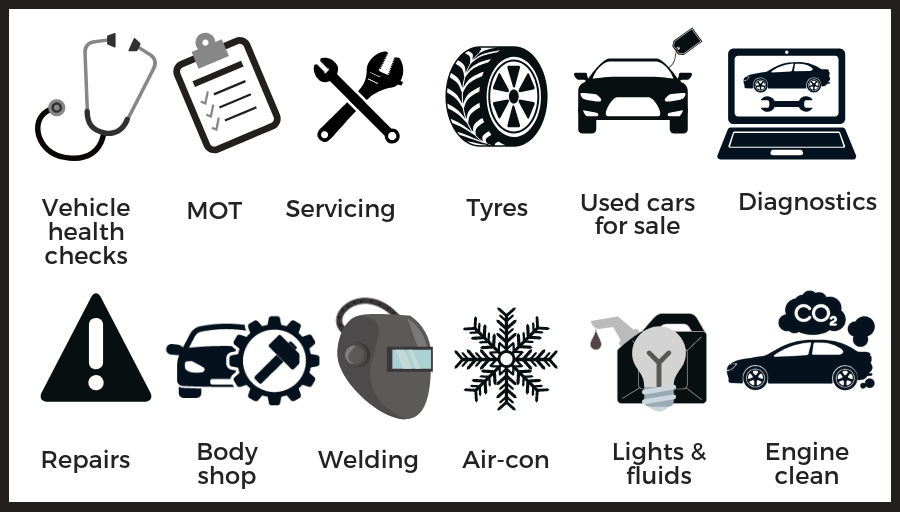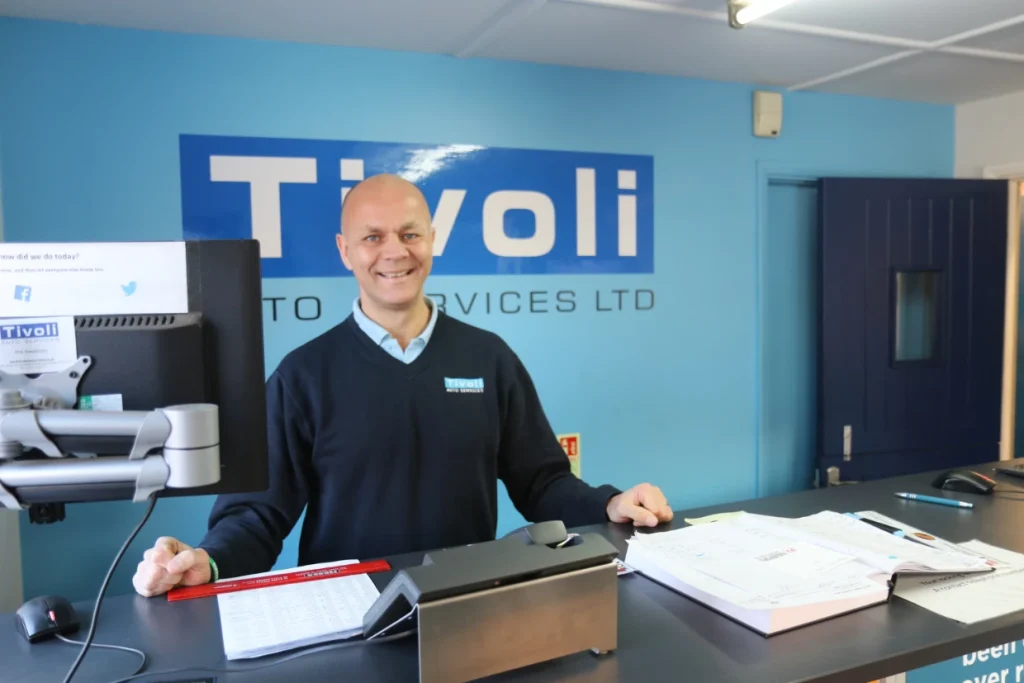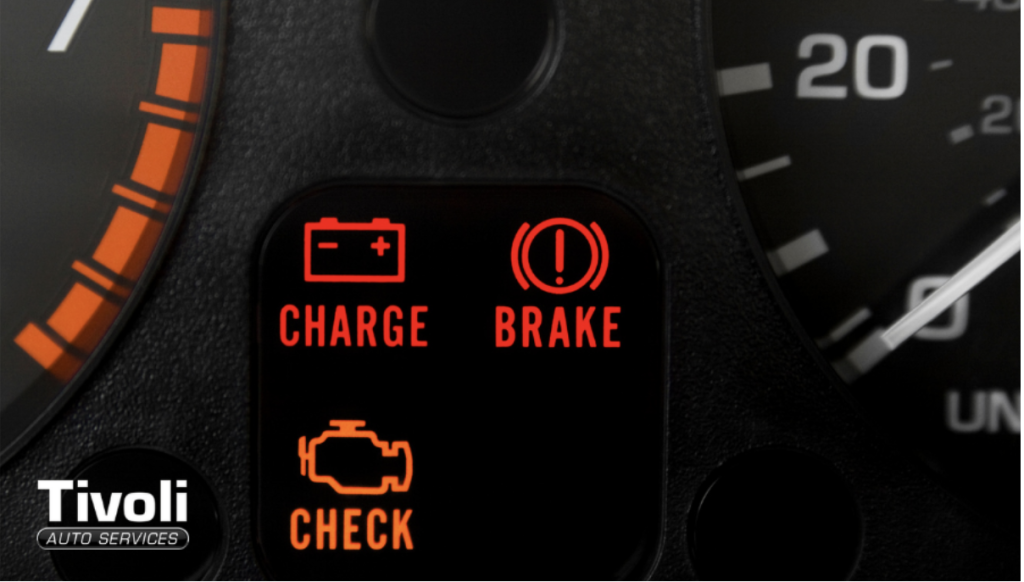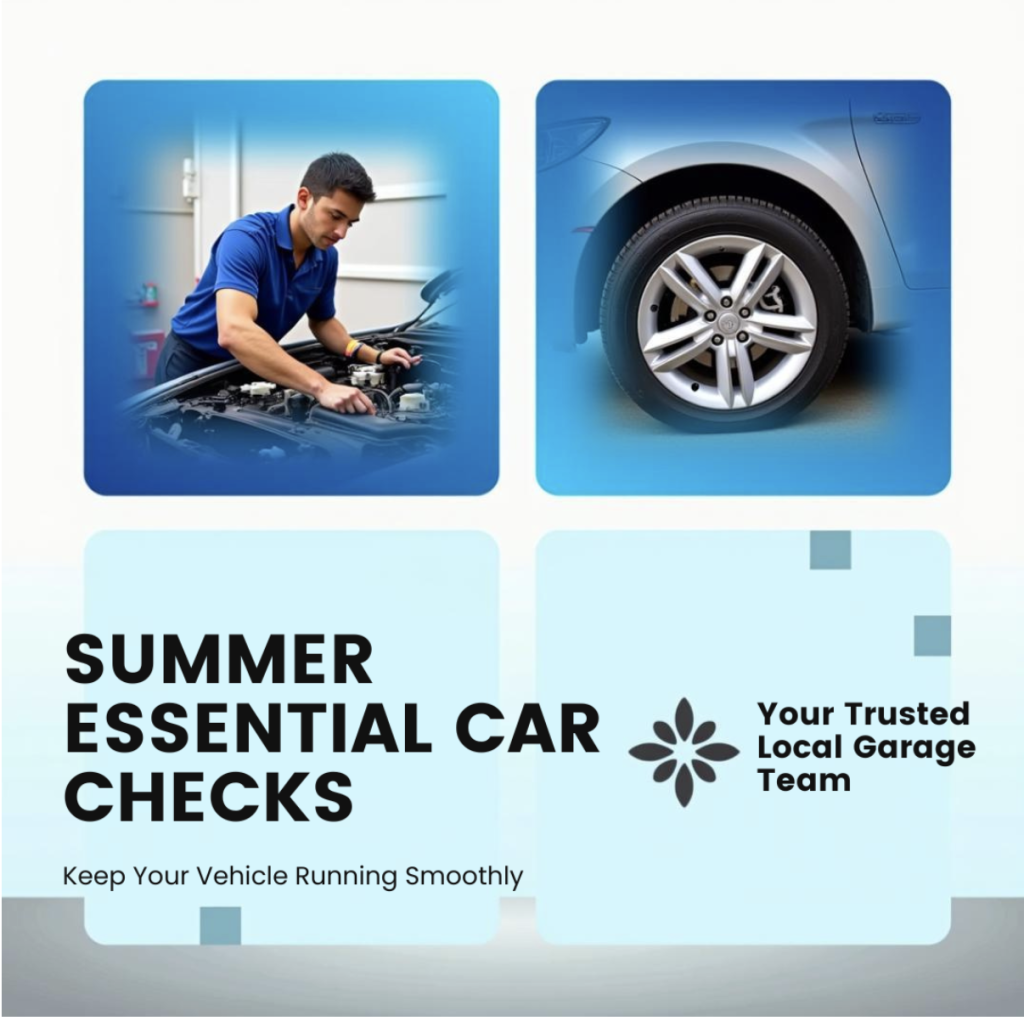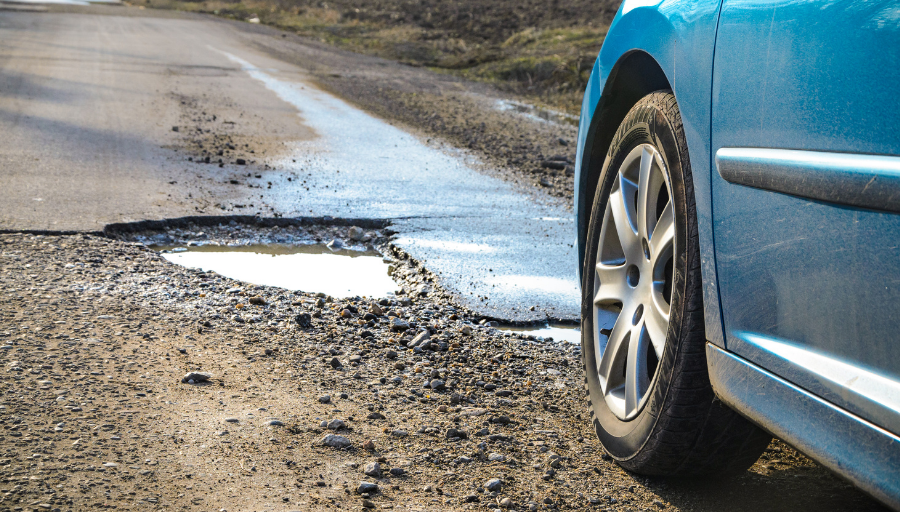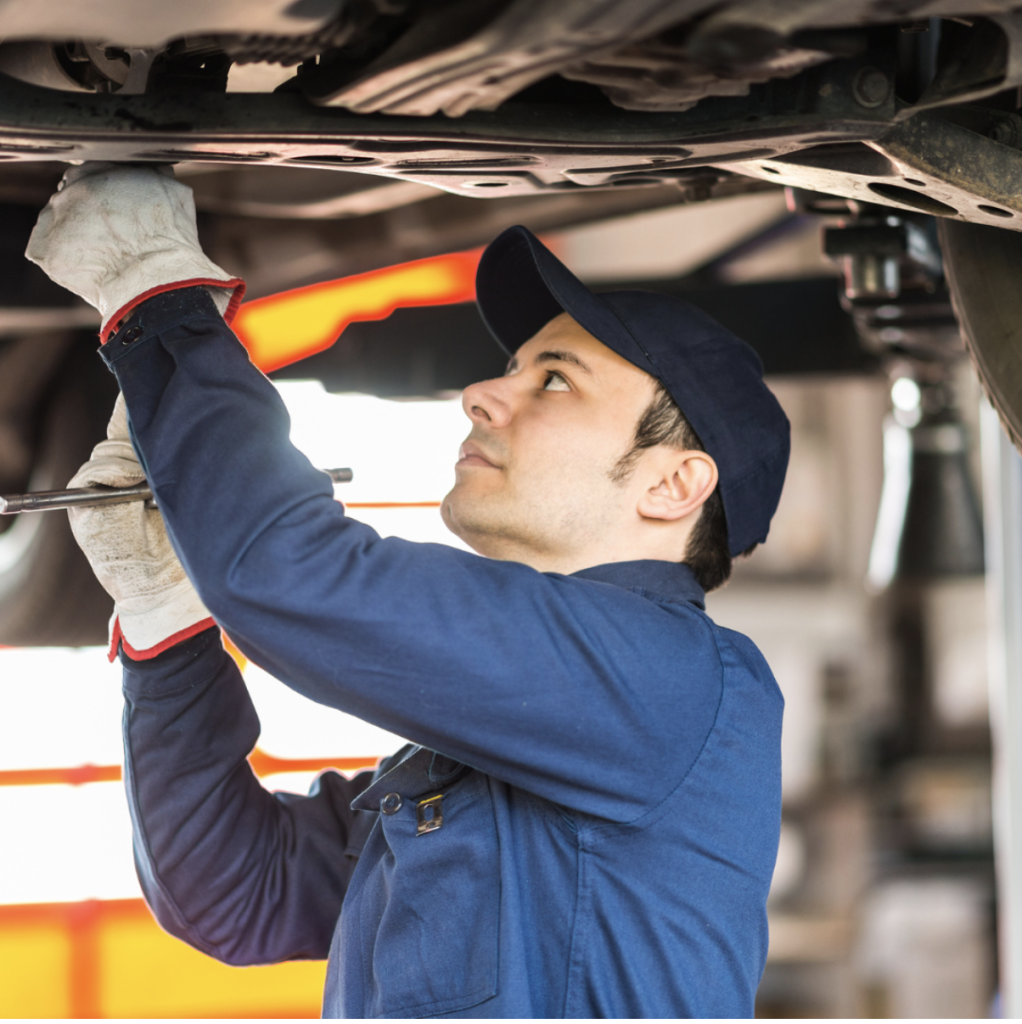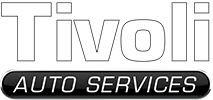[vc_row][vc_column width=”1/1″][vc_column_text]When it comes to the safety of your vehicle, the cost of parts should not be the overriding factor when choosing between original equipment manufacturer and aftermarket/third party suppliers. However, we all know that money doesn’t grow on trees, so it is bound to be a consideration. What about the actual parts though? What about the quality? How do they measure up against one another? In this article, we’ll be outlining the differences between the two, what you can expect to pay for each and which, overall, is better for your vehicle.[/vc_column_text][minti_spacer height=”10″][/vc_column][vc_column][vc_column_text]
Original Equipment Manufacturer (OEM)
OEM parts are genuine parts that are supplied by the main dealer and the original manufacturer of your vehicle. For example, if you drive a Volvo, and you’re purchasing an OEM part, this too will come from Volvo. Unsurprisingly, given the brand name attached to these parts, you should expect to pay more for them – in most cases, this will be around double the cost of their aftermarket counterpart. However, they are generally perceived as better quality, and often include guarantees and warranties and, more often than not, these are only provided by the main dealer. So, in most cases, it is a matter of you get what you pay for.
Also, it’s not uncommon for main dealers to outsource some of their components to external manufacturers and rebrand them under their own name. In this case, the parts are no different to aftermarket or third-party parts, and you are simply paying for the name.
A final point worth noting is that if you come to sell your vehicle, some potential buyers will prefer OEM parts over parts obtained elsewhere[/vc_column_text][vc_column_text]
Aftermarket or Third Party
At Tivoli Auto Services, we often find that aftermarket vehicle parts are more readily available than OEM parts, which is hugely beneficial if you need a quick turnaround to get you back on the road. Many suppliers even offer an immediate collection service or next day delivery.
Aside from this, it is a case of weighing up the pros and cons to determine whether the slight compromise in quality is worth the cost saving. Aftermarket parts may not be made from material of an equal quality or have gone through testing as rigorous as OEM parts would before being sold. Having said that, all parts need to pass various tests before being fitted to a vehicle, to ensure your safety and that of any other passengers.
You should also consider any warranties or guarantees. If your vehicle is still under warranty from a main dealer, having aftermarket parts fitted will probably invalidate it, in which case you may want to consider adhering to manufacturer guidelines and repair manuals.[/vc_column_text][minti_spacer height=”10″][vc_column_text]At Tivoli Auto Services, we offer both OEM and aftermarket replacement parts, and we never push you to purchase one or the other. We will simply outline the benefits and drawbacks of each and leave the final decision to you.[/vc_column_text][/vc_column][/vc_row][vc_row][vc_column width=”1/1″][vc_column_text]To make an enquiry, or book in for an appointment, contact us today on 01424 44 22 77.[/vc_column_text][/vc_column][/vc_row]

